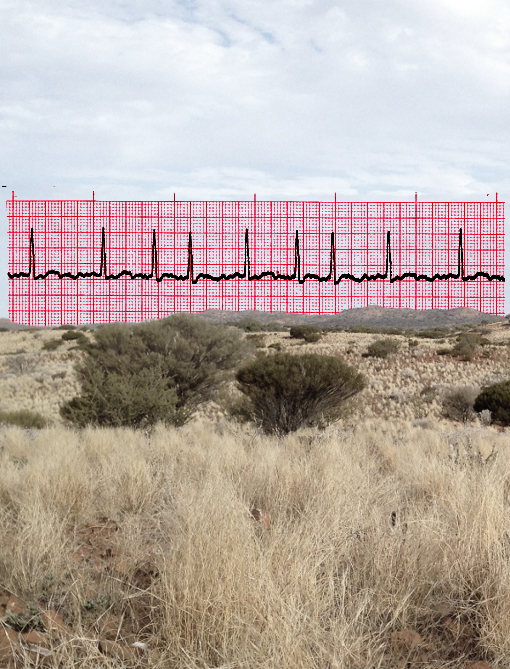Rural moves reported
 A new report details successes and challenges for Australia’s rural health commission.
A new report details successes and challenges for Australia’s rural health commission.
Australia’s rural and remote healthcare system continues to face significant challenges, as highlighted in the Office of the National Rural Health Commissioner’s 2023-24 annual report.
Covering the period from 1 July 2023 to 30 June 2024, the report details efforts to improve healthcare access, develop the workforce, and enhance policy frameworks.
However, persistent workforce shortages and barriers to equitable care remain pressing issues.
During this period, the NRHC established a Consumer Advisory Group to amplify the voices of rural and remote communities in policy-making.
Launched in August 2023, the group held quarterly meetings addressing mental health, primary care access, maternity services, and co-design of healthcare programs. In parallel, the Ngayubah Gadan Consensus Statement and the National Rural and Remote Nursing Generalist Framework (2023–2027) guided policy and workforce development, promoting culturally safe, multidisciplinary healthcare models.
The NRHC also sought to strengthen the rural health workforce through place-based education initiatives and advocated for training pipelines that retain healthcare professionals locally.
Meanwhile, the National Rural Maternity Forum in August 2023 led to a revised National Consensus Framework for Rural Maternity Services. An expert advisory group was formed to update the framework, originally from 2008, reflecting current needs and advancements.
Collaboration was another key focus, with the NRHC co-hosting a workshop with the Royal Australasian College of Surgeons to address rural surgical training and a webinar with a First Nations Alaskan health service to explore Indigenous healthcare models.
Despite these initiatives, questions about tangible improvements in healthcare access and outcomes remain.
Outgoing Commissioner Adjunct Professor Ruth Stewart, who served from 2020 to 2024, acknowledged ongoing healthcare gaps and called for locally-driven, evidence-based solutions.
Stewart said that rural areas require unique care models.
“It is time to stop imposing non-metropolitan communities with models of care... designed in and for metropolitan settings,” she said.
Stewart concluded her tenure on 30 June 2024, succeeded by Professor Jenny May AM.
Deputy Commissioner for Nursing and Midwifery, Adjunct Professor Shelley Nowlan, highlighted the critical need for expanding the roles of nurses and midwives to improve rural healthcare access and retention, especially in maternity services.
Deputy Commissioner for Allied Health and First Nations Health, Professor Faye McMillan, pointed out that racism and workforce shortages continue to hinder progress.
In the report, McMillan calls for a national paramedicine framework to broaden the role of paramedics in primary care.
She also noted that the failed referendum to establish an Indigenous Voice to parliament had intensified racism, complicating healthcare for Indigenous communities.
The NRHC aims to address rural healthcare challenges through evidence-based policies, improved workforce support, and stronger stakeholder engagement.
It stresses alignment with national strategies such as the National Agreement on Closing the Gap.
However, more effective action and sustained policy implementation are necessary to achieve meaningful improvements in healthcare access and outcomes.
The 2023-24 report outlines notable efforts by the NRHC but also underscores the need for more cohesive responses to systemic issues.
It says that without decisive action, rural communities will likely continue to face healthcare disparities and under-servicing.








 Print
Print